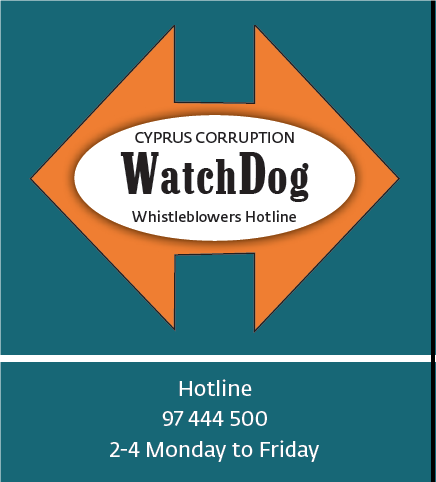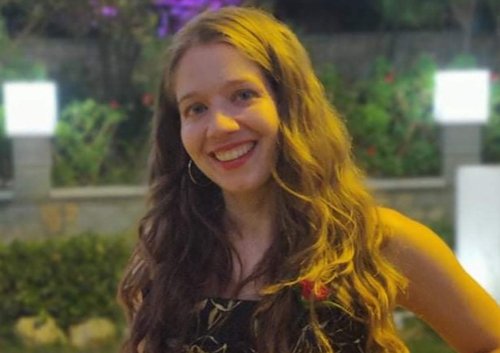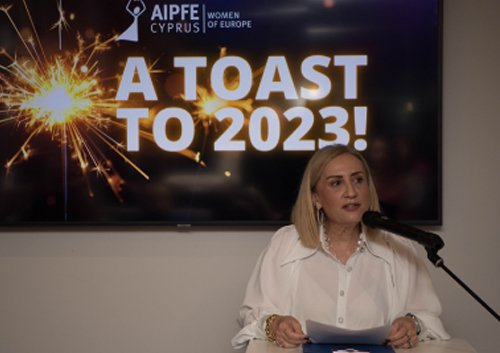
Υπηρεσίες που προσφέρει ο ΣΠΑΒΟ προς τα θύματα βίας στην οικογένεια
April 11, 2022
ΤΕΧΝΙΚΗ ΕΠΙΤΡΟΠΗ ΓΙΑ ΤΗΝ ΙΣΟΤΗΤΑ ΤΩΝ ΦΥΛΩΝ Σχέδιο δράσης για τους τρόπους διασφάλισης της πλήρους, ισότιμης και ουσιαστικής συμμετοχής των γυναικών στη διαδικασία διευθέτησης/ μια αναμενόμενη διαδικασία διευθέτησης. (Δεκέμβρης 2021)
April 27, 2022By Natalie Hami
As war rages on in Ukraine, women and children are most at risk, not only as refugees, but as victims of sexual and gender-based violence.
According to UN Women, recent estimates indicate that 54 percent of people in need of humanitarian assistance from the ongoing crisis are women. More than 4 million refugees from Ukraine – the vast majority women and children – have fled to neighbouring countries, while over 7 million are displaced within the country. These numbers are expected to increase significantly as the war continues.
Harrowing images out of Ukraine already reveal the shocking extent of executions, rapes and torture enacted against civilians. Reports of suspected pimps and sex traffickers stalking the Ukraine border have emerged, preying on Ukrainian women and children. According to Unicef, over 500 unaccompanied children were identified crossing from Ukraine into Romania between 24 February and 17 March.
The multiplicity of the role of women not just in war but in the ensuing peace process, is expressed in the article “Weapon of War in Europe? The Escalation of Sexual and Gender-Based Violence in Ukraine-Russia Conflict”, whereby the authors, Professor Jacqui True FAIIA and Professor Sara E. Davies, highlight the significance of ‘inclusive participation in war-to-peace transitions’.
“The visible lack of women, in particular, at the high-level Ukraine-Russian peace talks is a concern to the extent that it reinforces the hypermasculine militarised environment”.
Despite women being victims of conflict, their role in informal and formal (negotiations) peacebuilding is paramount in empowering them and building a society whereby women are not simply victims.
In Cyprus, following the inter-ethnic conflict of the early 1960s which led to the 1974 invasion by Turkey, women have been ‘assigned’ certain roles centred around displacement, refugees and missing persons, as stated by Dr. Nayia Kamenou in her article “Feminism in Cyprus: Women’s Agency, Gender and Peace in the Shadow of Nationalism”.
Charita Mandoles was considered and referred to in the media as a ‘symbol’ of the 1974 conflict and more specifically for the issue of missing persons within the Greek Cypriot community. Mandoles’ husband, father, uncle, niece and three brothers-in-law are counted among the missing. During protests that took place along the Green Line - mainly up until the 1990s - Mandoles along with other women with missing relatives would hold up pictures of their missing relatives.
The images of these distraught women, their faces etched with pain, began to represent how women were presented to the public – as grieving victims - and generally viewed within the context of the 1974 conflict. However, it should not be discounted that these women were indeed protesting, specifically calling for an investigation into the missing, and therefore doing activism.
In fact, according to Dr. Maria Hadjipavlou and Dr. Biran Mertan, as expressed in Dr. Sophia Papastavrou’s publication “Decolonising the Cypriot Woman”, women living in refugee camps post-1974 took care of the children and elderly as well as working in solidarity with other women in keeping the family together, particularly as the role of men during displacement moved from that of soldier on the front line to migrants seeking employment in Arab countries to support their families (“Cypriot Feminism: An Opportunity to Challenge Gender and Inequalities and Promote Women’s Rights and a Different Voice, The Cyprus Review, Vol. 22, No. 2”).
Kamenou highlights that ‘seeing all women as the victims and/or culprits of nationalism underestimates women’s ability to exercise agency over their lives and portrays oppressive notions as everlasting and impermeable’.
Cypriot women have not been included at the negotiating table for over four decades of peace talks.
It was only recently announced (February 2022) that an action plan had been agreed on by the two leaders, Nicos Anastasiades of the Greek Cypriot community and Ersin Tatar of the Turkish Cypriot community to ensure women’s full, equal and meaningful participation in the settlement process of the Cyprus problem. The Action Plan was developed by the Technical Committee on Gender Equality and includes practical recommendations addressing three key questions: how to ensure women’s full, equal and meaningful representation; how to engage with civil society, including women’s organizations in order to solicit their views; and, how to include a gender perspective in the settlement process/an eventual settlement process in Cyprus.
This success comes after over a decade of tireless work by various women’s organisations such as Hands Across the Divide, Gender Advisory Team (GAT Cyprus) and the Mediterranean Institute of Gender Studies (MIGS) to have a gender perspective included in the settlement process. According to Papastavrou in her publication “Women’s Organizations for Peace Moving Beyond the Rhetoric of the Cyprus Problem”, GAT specifically focused on the 1325 agenda* and highlighted other international interventions when lobbying for a gender perspective in the peace negotiations.
Considering how women are portrayed within the context of the 1974 conflict and the roles which they have been ‘assigned’, why is their formal participation for a future settlement so significant?
The ‘Cyprus conflict is gendered’ and as a result experiences for men and women are different, explained Hadjipavlou in an interview conducted for the Gender Initiative 2020, highlighting that they have different concerns, fears and needs. This was also highlighted by Papastavrou who notes that the evolution of contemporary warfare has made women’s experiences in conflict different from those of men, both as agents and victims. It is important to consider that ‘survivors are traumatized and the trauma is gendered’.
However, women are not willing to remain in their ‘assigned’ roles, which is illustrated by the above mentioned women’s groups and the action they have undertaken thus far. These groups have also pushed for change in the public discourse in regard to inequalities of women across the island at all levels. Papastavrou highlighted that they did so ‘by addressing gender inequality in the make up of the peace negotiating teams and the peace talks as a process’.
“Specifically, they want women to be included in the peace process, more women as Members of Parliament, change of legislation on violence against women and girls, and gender policies within the educational system”, noted Papastavrou.
However, in spite of these recent advancements, there is much work to be done, especially on education and empowerment. A recent project led by Dr. Maria Hadjipavlou, in collaboration with the Cyprus Academic Dialogue (CAD) and GAT, ‘Unifying Cyprus Women’s Voices for Social and Political Change’, aims to reach all women across the island from various communities and backgrounds. The long-term goal of the project is to create a coalition of women of Cyprus to promote gender equality, open discussions and exchange of opinions, ideas and suggestions on the problems, needs and concerns of women as well as the promotion of concrete solutions and policies. With the objective being to create a culture of women’s solidarity and mutual support, as well as increase women’s presence in public life so as to impact gender-sensitive policies.
* The Security Council adopted resolution (S/RES/1325) on women and peace and security on 31 October 2000. The resolution reaffirms the important role of women in the prevention and resolution of conflicts, peace negotiations, peace-building, peacekeeping, humanitarian response and in post-conflict reconstruction and stresses the importance of their equal participation and full involvement in all efforts for the maintenance and promotion of peace and security. Resolution 1325 urges all actors to increase the participation of women and incorporate gender perspectives in all United Nations peace and security efforts. It also calls on all parties to conflict to take special measures to protect women and girls from gender-based violence, particularly rape and other forms of sexual abuse, in situations of armed conflict. The resolution provides a number of important operational mandates, with implications for Member States and the entities of the United Nations system.






